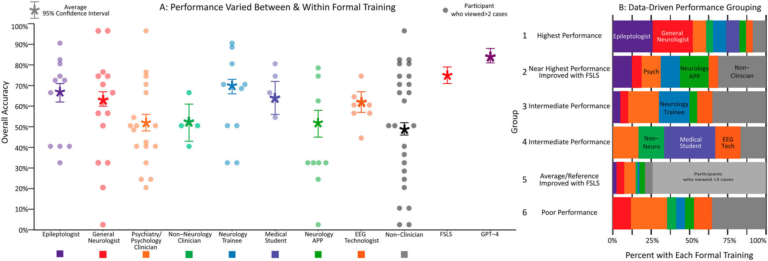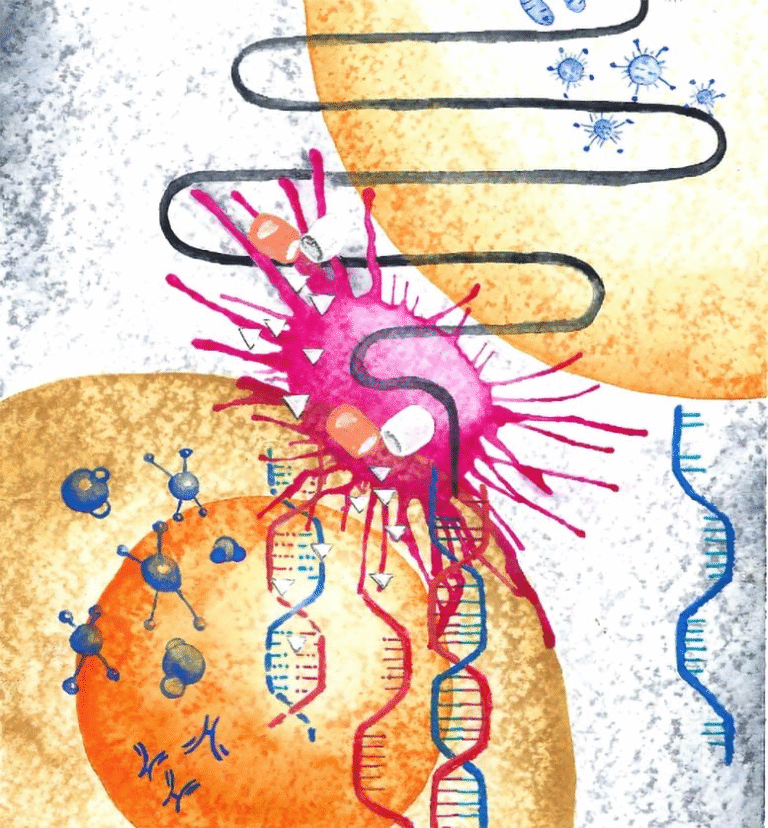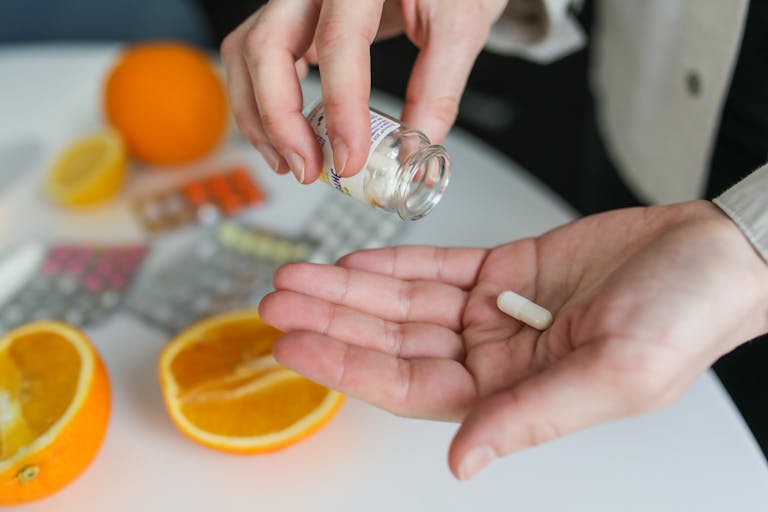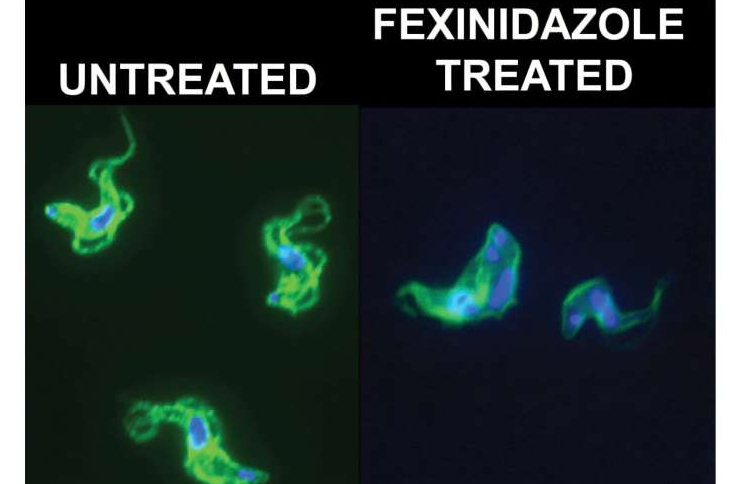Vitamin B3 Supplement Shows Potential in Preventing Skin Cancer, Major Study Suggests
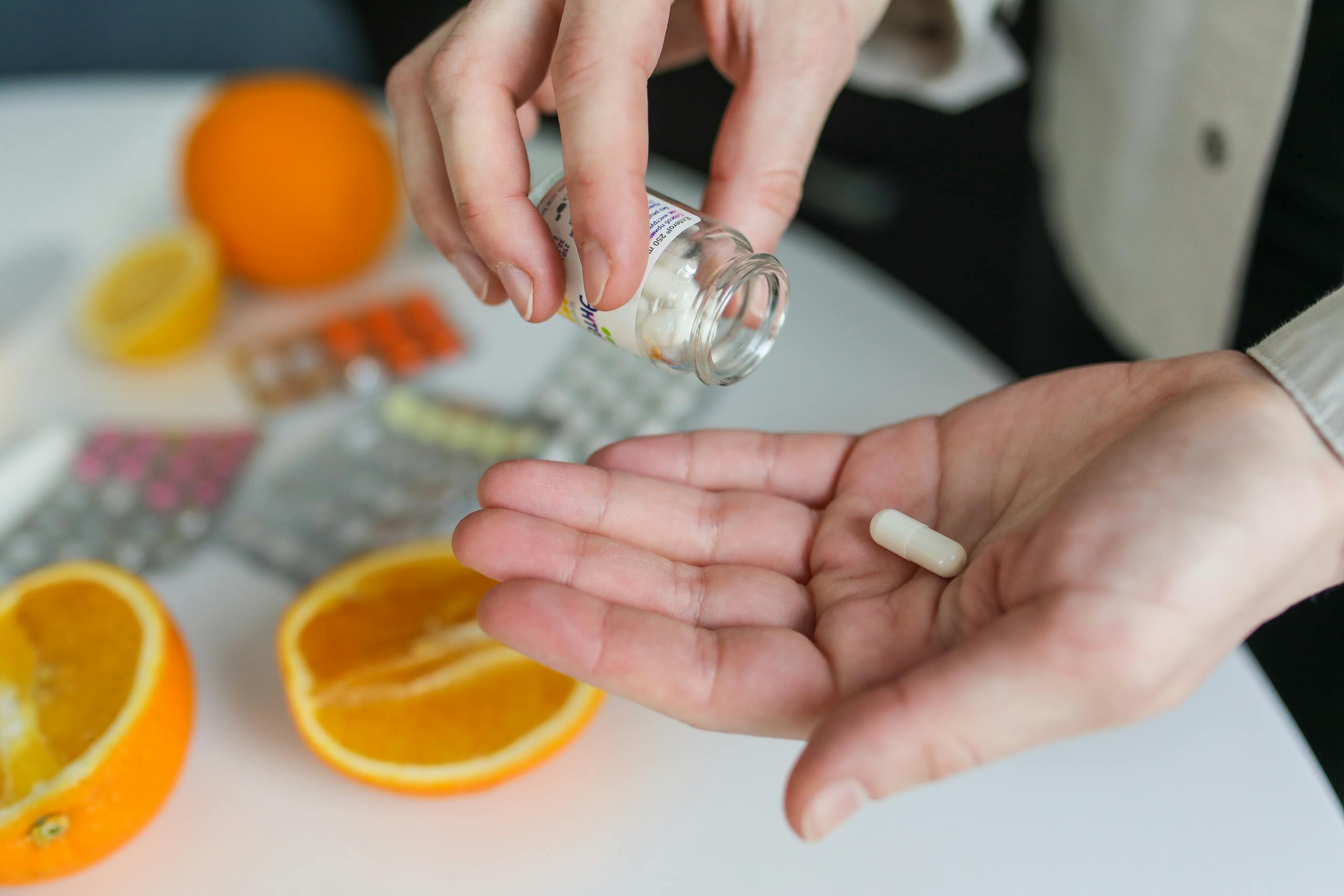
A new large-scale study has raised interest in a very simple, widely available, and inexpensive supplement: nicotinamide, a form of vitamin B3. Researchers have found that this over-the-counter vitamin may help lower the risk of developing certain skin cancers, particularly for people who have already had one skin cancer before. The results come from the largest dataset of its kind and were published in JAMA Dermatology in September 2025.
What the Study Looked At
The research team analyzed the electronic health records of 33,822 U.S. veterans collected between October 1999 and December 2024. Out of these individuals:
- 12,287 had taken oral nicotinamide at 500 mg twice daily for more than 30 days.
- 21,479 had not used the supplement.
The researchers applied propensity score matching, a statistical approach that balances groups by accounting for other factors that might influence risk. They adjusted for age, sex, race, prior history of skin cancers, use of retinoids (like acitretin), topical therapies, and conditions such as chronic lymphocytic leukemia or solid organ transplantation.
To assess outcomes, stratified Cox models were used to determine how nicotinamide use affected the time until patients developed another skin cancer.
The Main Findings
The analysis showed several important associations:
- Overall reduction: Nicotinamide users had a 14% lower risk of developing new skin cancers compared with non-users.
- Timing matters: Starting nicotinamide after a first skin cancer brought the greatest benefit, with a 54% lower risk of another. The protective effect was weaker if patients started nicotinamide after having multiple prior skin cancers.
- By cancer type: Nicotinamide reduced risks for basal cell carcinoma (BCC) and cutaneous squamous cell carcinoma (cSCC), with the strongest effect seen in cSCC.
- Transplant recipients: People who had received solid organ transplants (and are at very high risk because of immune-suppressing medications) did not show a significant overall reduction. However, if nicotinamide was started earlier, some benefit was noted, especially for lowering cSCC.
Why This Matters
Skin cancer is the most common cancer in the world, and in the United States alone, millions of cases of BCC and cSCC are diagnosed every year. People who have had one skin cancer are at much higher risk of getting another, making prevention an important part of their long-term care.
While there are medications like retinoids that can reduce risk, they are not easy to tolerate and come with side effects. By contrast, nicotinamide is inexpensive, widely available without a prescription, and has a strong safety profile when used at recommended doses.
What is Nicotinamide?
Nicotinamide is a form of vitamin B3 (different from niacin). Unlike niacin, nicotinamide does not cause flushing. It is a precursor for NAD⁺ (nicotinamide adenine dinucleotide), a molecule central to energy production and DNA repair in cells.
Why might this matter for skin? Ultraviolet (UV) light from the sun damages DNA in skin cells and suppresses immune responses in the skin. Research suggests that nicotinamide supports DNA repair and reduces UV-induced immune suppression, both of which may lower cancer risk.
Evidence From Earlier Research
This new VA study builds on earlier findings. One of the most important earlier studies was the ONTRAC trial (2015), a randomized controlled trial involving 386 Australians at high risk for skin cancer. That study found that people taking 500 mg nicotinamide twice daily had:
- A 23% reduction in new non-melanoma skin cancers over 12 months.
- Fewer actinic keratoses (precancerous skin lesions).
However, once the participants stopped taking nicotinamide, the protective effect disappeared.
The new VA study confirms these protective associations on a much larger, real-world scale and suggests that earlier initiation after the first skin cancer may be especially important.
Safety and Side Effects
At recommended doses of 500 mg twice daily, nicotinamide is generally considered safe and well-tolerated. Unlike niacin, it does not cause flushing, headaches, or significant changes in blood pressure.
That said, extremely high doses of nicotinamide (several grams per day, much higher than what was studied here) have been linked to liver toxicity in case reports. This makes it important to stick to evidence-based dosing. People with liver disease or those on certain medications should also consult their doctor before starting.
Limitations of the Study
As promising as the findings are, the study has some limitations:
- Observational design – This was not a randomized controlled trial, so the results show an association, not proof of cause and effect.
- Population – The study group consisted mostly of older, male, White veterans, which may limit how broadly the results can apply to the general population.
- Focus on non-melanoma skin cancers – The study did not assess prevention of melanoma, the deadliest form of skin cancer.
- Transplant recipients – In this high-risk group, no clear benefit was found overall, although some early signals were encouraging.
Should You Take Nicotinamide?
For now, nicotinamide looks like a promising, low-cost, low-risk option for people who have already had a skin cancer and want to lower their chances of getting another. It is not a magic bullet, and it should never replace sun protection measures like sunscreen, protective clothing, and avoiding excessive sun exposure.
It is also not a substitute for regular dermatology check-ups. The best approach is likely a combination of sun safety, medical follow-up, and—if appropriate—adding nicotinamide as a preventive measure.
Extra Knowledge: The Bigger Picture of Vitamin B3
Since this article dives into nicotinamide, it’s worth understanding how vitamin B3 works more broadly.
Forms of Vitamin B3
Vitamin B3 comes in different forms:
- Niacin (nicotinic acid) – used for cholesterol management but often causes flushing.
- Nicotinamide (niacinamide) – the focus of this study; used in skin health and now being investigated for cancer prevention.
- Nicotinamide riboside and nicotinamide mononucleotide – newer forms sometimes marketed for “longevity” because of their role in NAD⁺ metabolism.
Vitamin B3 and the Body
Vitamin B3 is essential for producing NAD⁺, which participates in hundreds of metabolic reactions in the body. Without it, energy production in cells breaks down. Severe deficiency of vitamin B3 causes pellagra, a disease marked by dermatitis, diarrhea, and dementia.
Skin Health Uses Beyond Cancer
Nicotinamide is already used in dermatology for other conditions:
- Acne: Often used topically in creams to reduce inflammation.
- Rosacea: Helps calm redness and irritation.
- Hyperpigmentation: In skin-care products, nicotinamide is known to even out skin tone.
This broader safety record and dermatology usage make it easier to consider for skin-cancer prevention compared to harsher drugs.
The Takeaway
The new study adds a significant piece of evidence that nicotinamide could be a valuable tool in preventing non-melanoma skin cancers, especially for people with a history of one skin cancer. While it is not a replacement for sunscreen or medical care, its accessibility, safety, and affordability make it a very practical option for many.
The findings also emphasize a key insight: timing matters. Starting nicotinamide after the very first skin cancer appears to provide the strongest benefit, reducing the risk of another by more than half.
Future randomized trials across different populations will be essential to confirm these results and determine the best way to use nicotinamide for prevention. For now, the supplement stands out as one of the more promising, real-world strategies for reducing skin cancer risk.
Research Reference: Nicotinamide for Skin Cancer Chemoprevention – JAMA Dermatology, September 17, 2025
